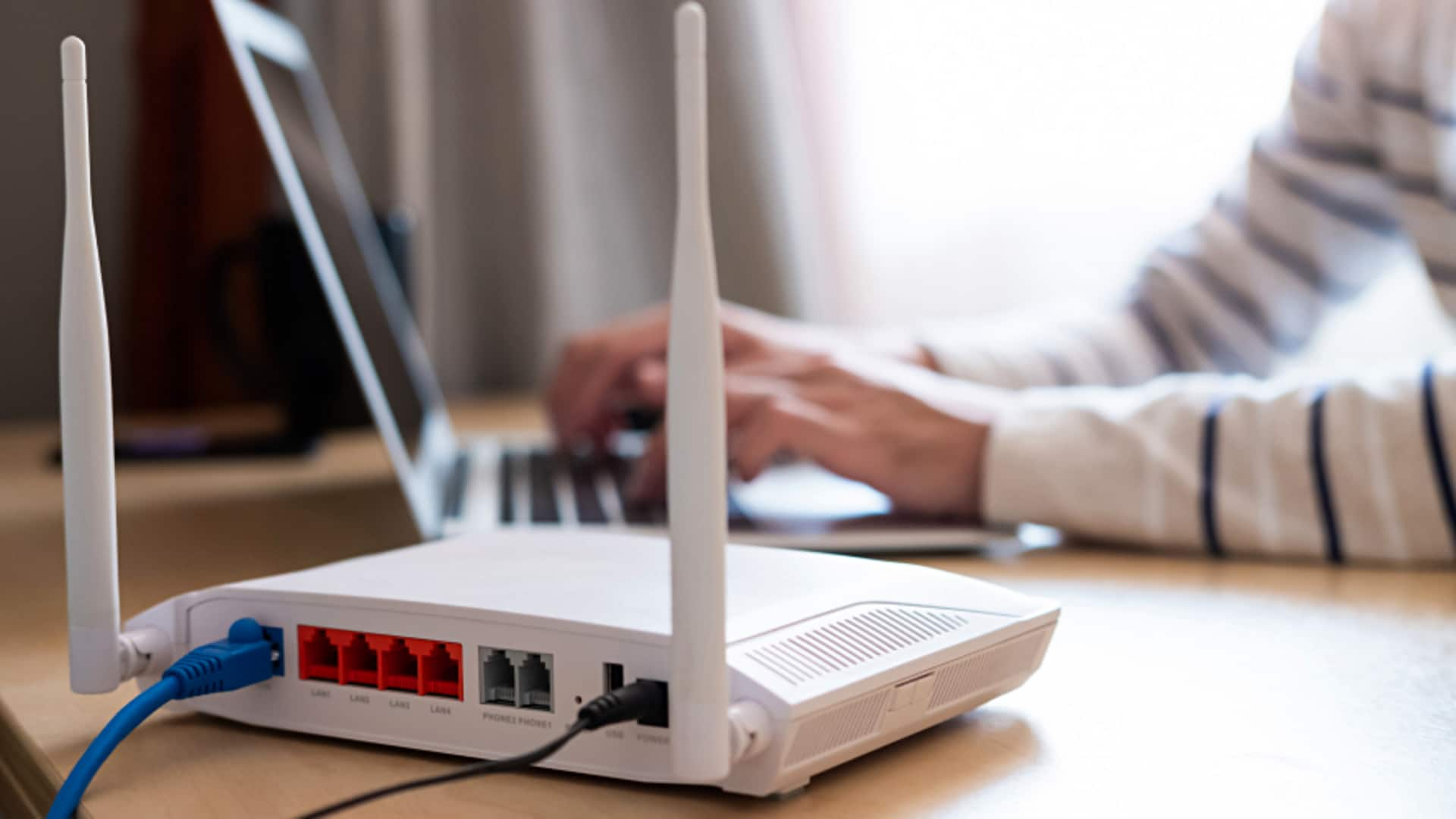
FCC redefines broadband speeds, 25Mbps/3Mbps is no longer standard
What's the story
The US Federal Communications Commission (FCC) has redefined "broadband" to mean download speeds of 100Mbps and upload speeds of 20Mbps. This is a increase from the previous standard of 25Mbps/3Mbps, which has been in place since 2015. The change was advocated by FCC Commissioner Jessica Rosenworcel nine years ago, who argued that anything less than 100Mbps would be insufficient for the future digital economy. However, even as of 2021, departing FCC Chairperson Ajit Pai asserted speeds exceeding 25Mbps/3Mbps aren't required.
Scenario
Implications of the new broadband definition
The FCC's new definition of broadband has significant implications for its ability to measure and address the broadband gap in the United States. The standards help determine whether the FCC is succeeding or failing in closing this gap, and guide how much regulation or funding should be directed toward broadband providers. The new standard was based on existing federal and state funding requirements, consumer usage patterns, and services offered by internet service providers.
Stats
A closer look at the numbers
According to the FCC's press release, nearly 28% of Americans in rural areas do not have access to the newly defined broadband speeds. The agency also revealed that fixed terrestrial broadband services have not been deployed to approximately 24 million Americans, including over 23% of people living on tribal lands. Furthermore, mobile 5G-NR coverage at minimum speeds of 35Mbps/3Mbps is unavailable to almost 36% of rural Americans and more than 20% of individuals residing on tribal lands.
A snapshot
Broadband gap in education
FCC also highlighted the state of broadband access in schools. Based on a new short-term benchmark of 1Gbps per 1,000 students and staff, it was found that 74% of school districts meet this goal. However, this implies that a significant number of school districts are still falling short, underscoring the ongoing challenge of ensuring adequate internet access for educational purposes across the country.
Insights
FCC's Democratic majority pushes new broadband definition
The redefinition of broadband was facilitated by the FCC's Democratic majority, a dynamic that has not been prevalent for most of President Joe Biden's term. The commission was at a standstill without its full five commissioners until Anna Gomez was confirmed by the Senate in September last year. This political shift played a crucial role in pushing through the new broadband definition, marking a significant change in the FCC's approach to internet speed standards.